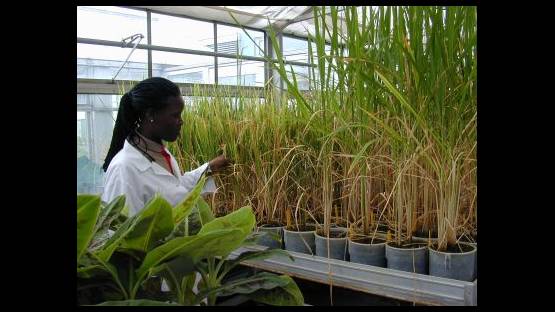The United Nations Day for South-South Cooperation is observed every year on September 12. The day aims to raise awareness of the UN's effort to promote and implement technical cooperation among developing countries and celebrate the economic, social and political developments achieved so far by regions in the south.
The IAEA's technical cooperation programme is unique in the United Nations system, as it combines specialised technical and development competencies. The programme focuses on applying nuclear technology to improve human health, support agriculture and rural development, advance water resource management, address environmental challenges, and help sustainable energy development, including the use of nuclear power for electricity. The programme also focuses heavily on supporting nuclear safety and security. All Member States are eligible for support, although in practice technical cooperation activities tend to focus on the needs and priorities of less developed countries.
The technical cooperation (TC) programme has been providing IAEA Member States with support in the peaceful application of nuclear science and technology for over fifty years. During this time countries have moved from developing basic nuclear knowledge to applying it in a broad range of fields to improve daily life and wellbeing. The programme makes optimal use of the capacities of Member States in the same region by facilitating cooperation between them. For example, technically advanced countries in a region can provide expertise for projects in less advanced countries, making the programme a true example of effective south-south cooperation.
To enhance south-south cooperation, the IAEA, through its technical cooperation programme, supports three regional cooperative agreements among Member States in the Africa region, Asia and the Pacific region and Latin America and the Caribbean region. A separate cooperative agreement has also been established for Arab States in Asia. The Regional and Cooperative Agreements promote the exchange of knowledge, experience and resources in nuclear science and technology between Member States in all four regions and strengthen the contribution of nuclear science and technology to socioeconomic development around the world.
Supporting South-South Cooperation Through the IAEA's Technical Cooperation Programme and Regional Cooperative Agreements
12 Sep 2013
Related resources
More
Last update: 25 Jul 2022


